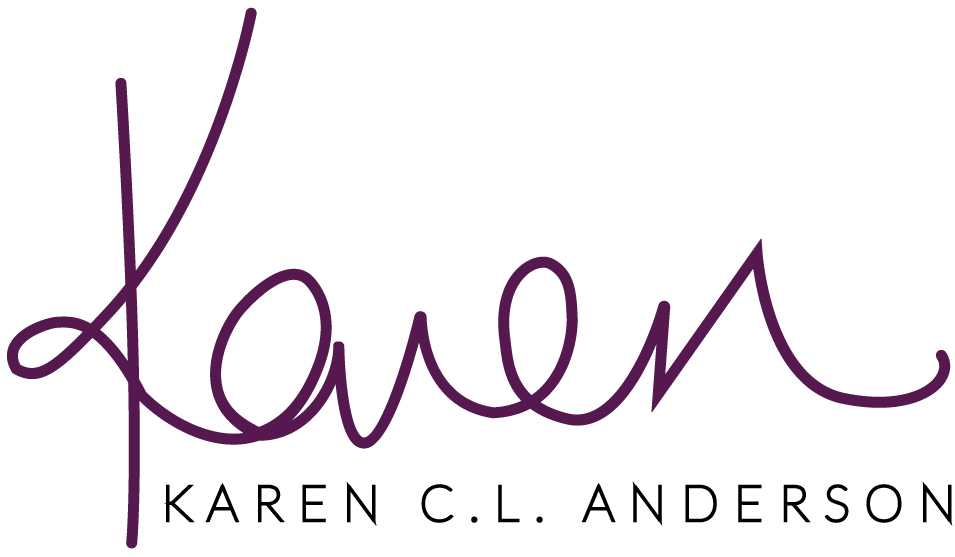subject / object / narcissistic tendencies
Sometimes it's hard to see our own conditioning.
As evolved, modern, educated, and empowered as we are, we still have blind spots, things we can't see even though they're right in front of us ("the water we swim in").
Or maybe we're aware, but haven't fully grokked the impact the conditioning has had on us.
It was while listening to an episode Kara Loewentheil's UnF*ck Your Brain podcast (about romantic love and “loving” versus “being loved”) that I had an ah-ha about mother-daughter relationships:
She said that girls/women are socialized to see themselves as the objects of desire/love/attention/worthiness in relationships and to constantly look for validation of this from their parents, partners, children, friends, family...everyone (subjects).
[Grammar 101: The subject in a sentence is the person that performs the action of a verb, whereas the object is
the person that is impacted by the action. In other words, the subject acts and the object is acted upon.]
This socialization comes through our families, for sure, and through patriarchal systems, religion, education, books, movies, fairytales, social media, traditional media, and so on. It may be more obvious in some situations and less so in others. It may not affect you in some areas of your life, but in other areas it might be an issue.
It's hard be the subject who acts when we believe that someone else acting upon us is the goal...or is more important.
Your mother (who might not be aware that she sees herself as an object) may think others (including you) should be/act a certain way so she can feel/receive love. You may think similarly.
While I work mostly with adult daughters, I have a handful of clients who are mothers actively working on the relationship they have with their adult daughters. They want to have a stronger, more authentic connection with their daughters AND they have thoughts about how their adult daughters should be/act.
They might not be seeing how their "shoulds" (which might come from the belief that they are objects upon which their adult daughters should act) are getting in the way of the authentic connection they desire.
They don't see themselves as the subject – the creators – of the love and connection they want, because they were taught that love and attention would be bestowed upon them (as objects) if they are desirable. Pleasing. Pleasant. Polite. Bending over backwards. Sacrificing in hopes that it will be appreciated and/or reciprocated.
I don't know about you, but I believed this for much of my life.
So what does this have to do with narcissism?
One of the hallmarks of narcissistic behavior is treating others as objects; to objectify others by stripping them of their rights to have feelings that differ from their own (thank you Psych Central). Your mother may be doing that to herself, on some level.
Do some mothers fall into the category of diagnosed, harmful Narcissistic Personality Disorder? For sure.
And then there's the rest of us, for whom isolated narcissistic personality traits (not "personality disorder" territory) may get in the way of the healthy relationships we want. Nearly everyone shows traits of narcissism from time to time.
“When I look at narcissism through the vulnerability lens, I see the shame-based fear of being ordinary. I see the fear of never feeling extraordinary enough to be noticed, to be lovable, to belong, or to cultivate a sense of purpose.” ~ Brené Brown, in her book Daring Greatly
I would edit Brené's quote this way: I see the fear of never being able to be the subject: to create love, to create belonging, or to create purpose.
Unacknowledged, unresolved, unrepaired trauma, abuse, shame, personality disorders, addiction, and/or mental illness are often reasons an adult daughter greatly reduces contact or estranges herself from her mother.
If it's not those things getting in the way, it could just be a matter of unwinding generational differences and becoming aware of where you've internalized the the idea that you're the object. There's a generational aspect to this for sure, and you can read more about that here.
Much, much love,
Karen
In The Mother Lode, we work together on being the subject so you can create three things: safety, intentional identity, and healthy boundaries. Click here to get started.
(Fine Print: This is a one-off 90-minute session where we do some coaching and problem-solving, then, if needed, discuss your goals and how we might work together. If working together longer-term isn't the right next thing, you'll still walk away with clarity and helpful resources. Once you click the link, you’ll be directed to choose a date and time for our session, answer some questions, and pay $250. Give yourself 10 - 15 minutes to complete the questions…they are part of the process!)
